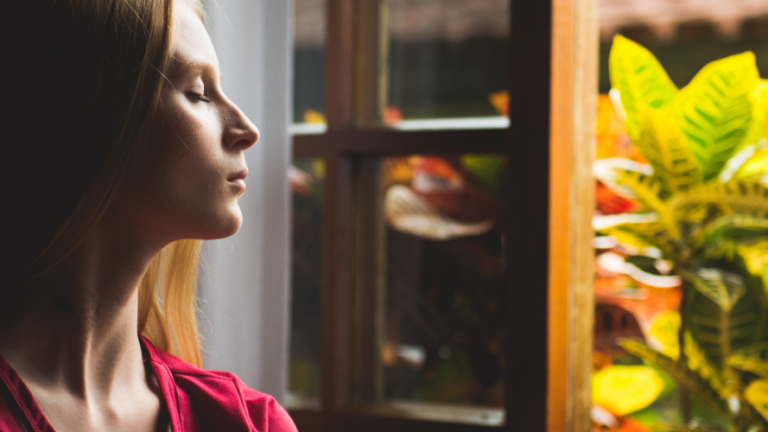Today our specialist, Monica Kurtz gives us her thoughts on trauma and the importance of teaching Social Emotional Learning in our schools.
School shootings. Outrage. Fear. Helplessness. My newsfeed is filled with almost daily reports of another shooting, more victims. More death. Working in a school, particularly in behavior, I have worked with students that scare me. I can envision a dark future that involves them, weapons and widespread destruction. How do we combat that darkness? I’m not the only person asking that question.
Anya Kamenetz, over at the NPR Education Blog recently asked the same question, in her article “Here’s How to Prevent the Next School Shooting, Experts Say.” In it she explores the solutions experts have had to preventing school shootings. While she touches on many things, including the removal of environmental hazards that can contribute to gun violence, school climate and public health are the main topics.
In talking to the experts, Kamenetz mentions that a public health approach to school shootings involves going into the community in an effort to prevent school shootings rather than responding to them. To me, teaching Social-emotional Learning skills (SEL) is the best way to get ahead of problems like these. The targeted teaching of social skills addresses so many needs in the lives our students. When we teach social skills we improve the atmosphere in our classroom. By leading by example, staff and students create a community of acceptance and support where hateful ideology and violent thoughts appear less often.
I’m not suggesting it’s easy–not exactly. However, there are a ton of evidence-based Social Emotional Learning curricula out there with topics, lessons, and homework ready-made for teachers. We have to do more than teach Social Emotional Learning once a week for 15 minutes. We have to live the dream and show our students what respect, compassion, and forgiveness look like year-round.
In Anya Kamenetz’s post, she refers to school climate as “the quality of relationships among the students and the adults in a school.” Think about this in relationship to your schools. How do you interact with your students? How do you handle behavior issues and discipline? Is your philosophy rooted in punishment?
These things set the tone in your classroom and affect students school-wide. Students who have meaningful connections in school are generally more successful. To truly combat the darkness we need more than Social Emotional Learning and relationships. We need mindfulness. We need effective social services, and we need to create communities where children are taught to value themselves as well as the kid next to them.
The answer, to me, is complex in its simplicity. Boil it down, take out all that fancy lingo, and it amounts to love and compassion.
Monica Kurtz is a Behavior Specialist at Region 13. Her background includes over 10 years of experience in early childhood education, as well as 15 years at the Texas School for the Deaf working with students from Kindergarten to adult-learners who are deaf and also have additional disabilities. Her work at Region 13 includes supporting and coaching behavior teachers and programs, supporting the PREPARE curriculum, and working with educators to support individual students. Monica has a master’s degree in education, focusing on trauma and resiliency in curriculum. She is passionate about working with educators in understanding the effects of childhood trauma and how to build resiliency and student coping skills.





Add comment